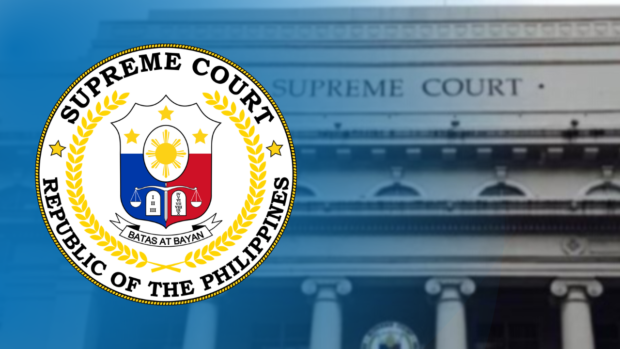SC vows to resolve public trust on social media to solve legal problems

INQUIRER FILE PHOTO
MANILA, Philippines–The judiciary must “be dynamic and responsive to current realities” because the public uses social media to solve legal issues, Chief Justice Alexander Gesmundo said Thursday.
Speaking at the First Philippine Clinical Legal Education Summit, Gesmundo said it is no longer enough for lawyers to establish a physical office or conduct a one-day legal outreach program to solve legal problems, especially for people belonging to low-income communities.
Currently, there are measures to give the public free access to courts, such as exemption from payment of legal fees for pauper litigants and a legal aid program by the Integrated Bar of the Philippines (IBP). In addition, the executive department also provides free legal assistance through the Public Attorneys’ Office (PAO).
Still, Gesmundo said, the public has been resorting to quick-fix solutions to their legal problems by relying on personalities or social media influencers despite a lack of legal experience or background at the risk of being subjected to public ridicule or comments.
“While I am not in a hurry to condemn these programs which give relief to the public, personally, I cannot but be a little concerned [about] the growing acceptance of our people of a platform for redress with no established rules to protect the rights of all persons involved,” he said.
Thus, he said the courts must not just sit back and wait for the public to find them.
“The Court itself must go to those in need. If justice delayed is justice denied, justice kept beyond the reach of the underserved and marginalized is no justice at all,” he said as he stressed the need to increase efforts of giving access to justice.
The Court’s latest measure is the Revised Law Student Practice Rules requiring all law schools to establish a clinical legal education program (CLEP) and law clinics nationwide.
The CLEP and the law clinics are mandated to ensure access to justice for the marginalized sector and enhance legal education by teaching law students the value of legal professional social responsibility and preparing them for law practice through experiential education.
The three-day Clinical Legal Education Summit in Taguig City started Thursday and tackles the needs of communities and services rendered by law clinics in the country.
The PIO said the summit is organized by the Legal Education Board in partnership with the SC, the Philippine Association of Law Schools, and the Association of Law Students of the Philippines, with the support of the Asia Foundation and the United States Department of State Bureau of International Narcotics and Law Enforcement Affairs.
RELATED STORY:
LIST: Top 10 law schools in PH with most bar passers from 2011-2020














